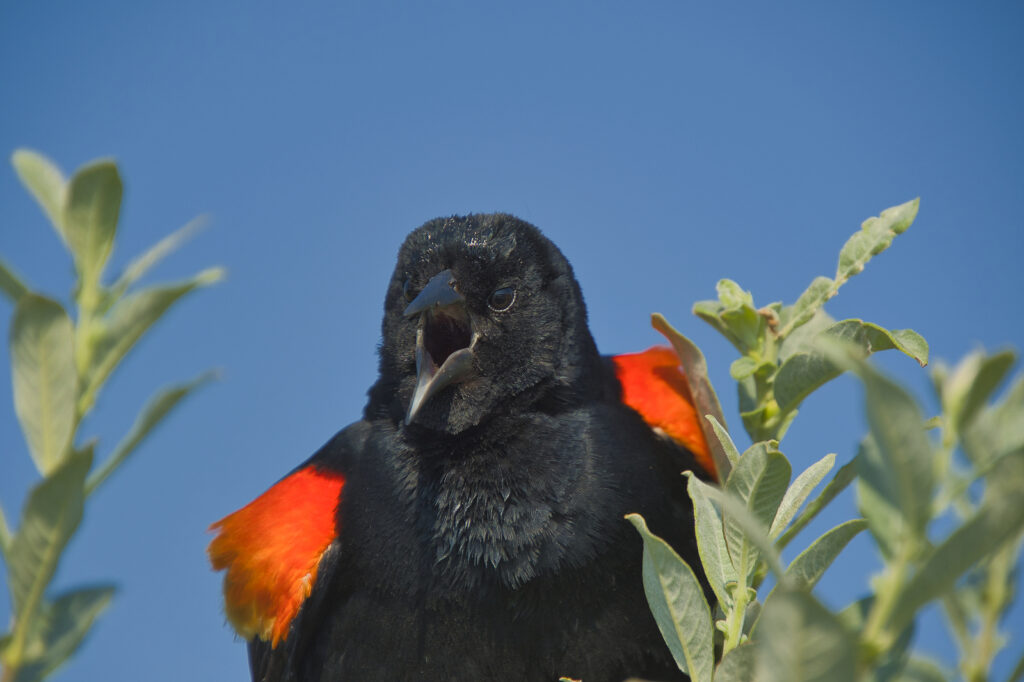Today is National Squirrel Appreciation Day!
That’s right; today is the perfect day to show our gratitude for these funny, furry, and ecologically essential rodents! Yes, squirrels are rodents! To honor our adorable little friends on this important Nationally-recognized day, continue below to learn some fun facts about squirrels! Then share these interesting facts with your friends and family!

Fun Squirrel Facts to Enjoy on National Squirrel Appreciation Day
There are 289 Species of Squirrels in the World
There are 289 different species of squirrel found all over the world. The United States of America is home to 65 species, including 8 flying squirrel species, while the primary squirrel species in Tennessee include Easter Gray Squirrels, Red Squirrels, Southern Flying Squirrels, Northern Flying Squirrels, and Fox Squirrels. Because of the diverse range of squirrel species out there, squirrels come in all sorts of colors, from brown and gray, to yellow, orange, white, and even black!
Squirrels Eat More Than Just Nuts
If you rely on television and children’s’ books, you might assume that squirrels only eat nuts, like acorns and walnuts. This might be true for the lovable, saber-toothed squirrel, Scrat, in the 2013 film, Ice Age; but in real life, squirrels eat a lot more than that. Squirrels are omnivorous, which means they eat meat and plant matter, just like humans do! A common squirrel diet may consist of nuts, but also fruits, legumes, seeds, fungi, tree buds, conifer cones, eggs, insects, caterpillars, and even small snakes and birds.
Squirrel Tails Play an Important Role
Those thick, bushy tails are arguably the most distinguishable feature of squirrels. They are big, shaggy, fluffy, and beautiful; but splendor is not their primary purpose. Squirrels use their tails for all sorts of things, from protection against the elements, like wind, rain, and snow, to cooling themselves off in the hot sun, balancing when springing from branch to branch, and even signaling to other squirrels. They also use their tail like a parachute when jumping around!
Squirrels Move Homes From Season to Season
In the spring and summer months, when climates are ambient, squirrels live in trees, building their nests high among the branches. But when the weather begins to turn colder, they like to move somewhere that provides more shelter and security. Typically, they choose tree cavities or similar areas, but in a lot of cases, squirrels will invade residential and commercial structures. Come spring, they are back outside, again!
You Can Safely Abate Nuisance Squirrel Activity
Sometimes, squirrels and chipmunks can be a nuisance to property owners. Not only are they very capable of accessing areas like attics, wall voids, roofs, and crawlspaces, but when they get there, they like to chew. Chewing, along with all their bloody functions, can cause a lot of destruction to the surroundings. Furthermore, squirrels and chipmunks are known carriers of parasites like lice, fleas, ticks, and mites, all of which can affect people and pets.
For these reasons and more, it is best to animal proof your property against nuisance squirrels and chipmunks. In order to do this, contact your local and trusted Smoky Mountain wildlife control company for safe and humane squirrel removal service.
Are there nuisance squirrels causing trouble on your property but you enjoy having them around? Perhaps you have squirrels in the attic? Contact Smoky Wildlife Control at 615-610-0962 for safe squirrel removal in Nashville, Tennessee. We serve residential and commercial clients all throughout Middle Tennessee and its surrounding counties.
Related Posts:
How to Stop Squirrels From Emptying Your Bird Feeders
How to Keep Chipmunks Out of the Garden
Why You Should Not Feed the Wild Animals Around Your House


